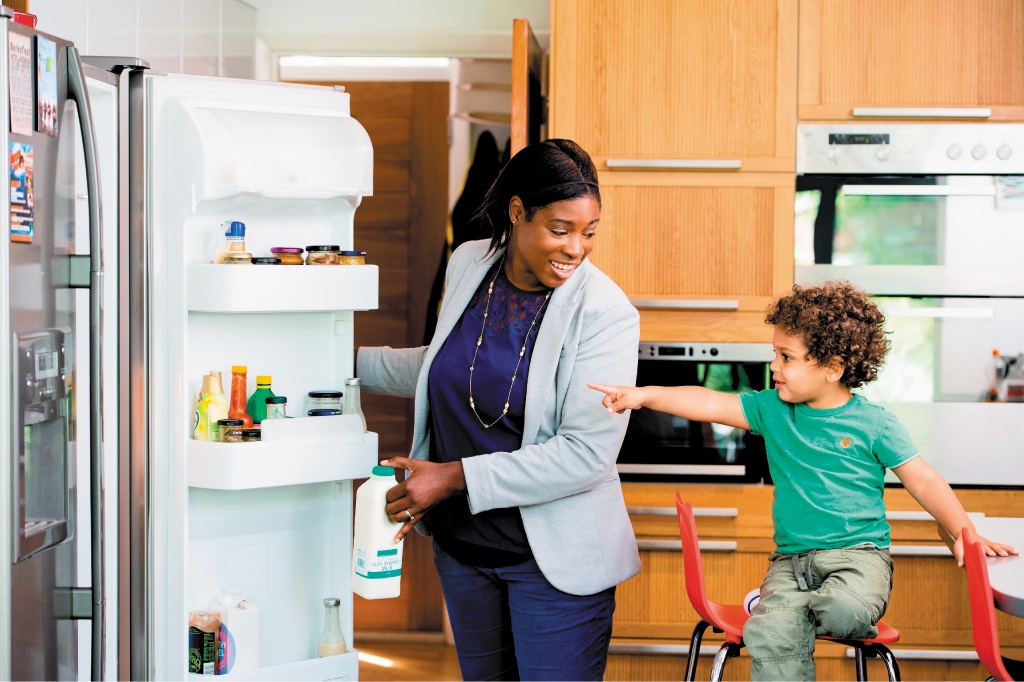Household Bills
New laws to make electrical goods last longer

Electrical goods like fridges, washing machines and televisions are set to become cheaper to run and easier to repair.
That’s according to the government, which has announced new energy efficiency legislation which it claims will force manufacturers to tackle ‘premature obsolescence’, where short lifespans are deliberately built into appliances, leading to shoppers having to fork out on replacements.
The Department for Business, Energy and Industrial Strategy is introducing new laws which will mean manufacturers are required to make spare parts available to shoppers for the first time, making it easier for those electrical appliances to be repaired. Ministers believe that this can extend the lifespan of electrical goods by up to decade.
Higher standards for energy efficiency are also included in the legislation, which the government argues will lead to annual savings of an average of £75 on energy bills.
Kwasi Kwarteng, business and energy secretary, said: “Our plans to tighten product standards will ensure more of our electrical goods can be fixed rather than thrown on the scrap heap, putting more money back in the pockets of consumers whilst protecting the environment.
“Going forward, our upcoming energy efficiency framework will push electrical products to use even less energy and material resources, saving people money on their bills and reducing carbon emissions as we work to reach net zero by 2050.”
How energy efficient is my fridge?
The legislative plans follow the introduction of new energy labels at the start of March, which are intended to simplify the way that energy efficiency is displayed on electrical goods. Rather than the previous system, where the bulk of appliances are classified as A+, A++ or A+++, there will now be a more straightforward scale from A-G. The government argued that the new scale will ‘raise the bar’ for each class, with very few appliances now classified as A.
The government has also introduced new rules governing how energy efficient new homes must be, requiring them to produce a third less carbon emissions than previous properties.